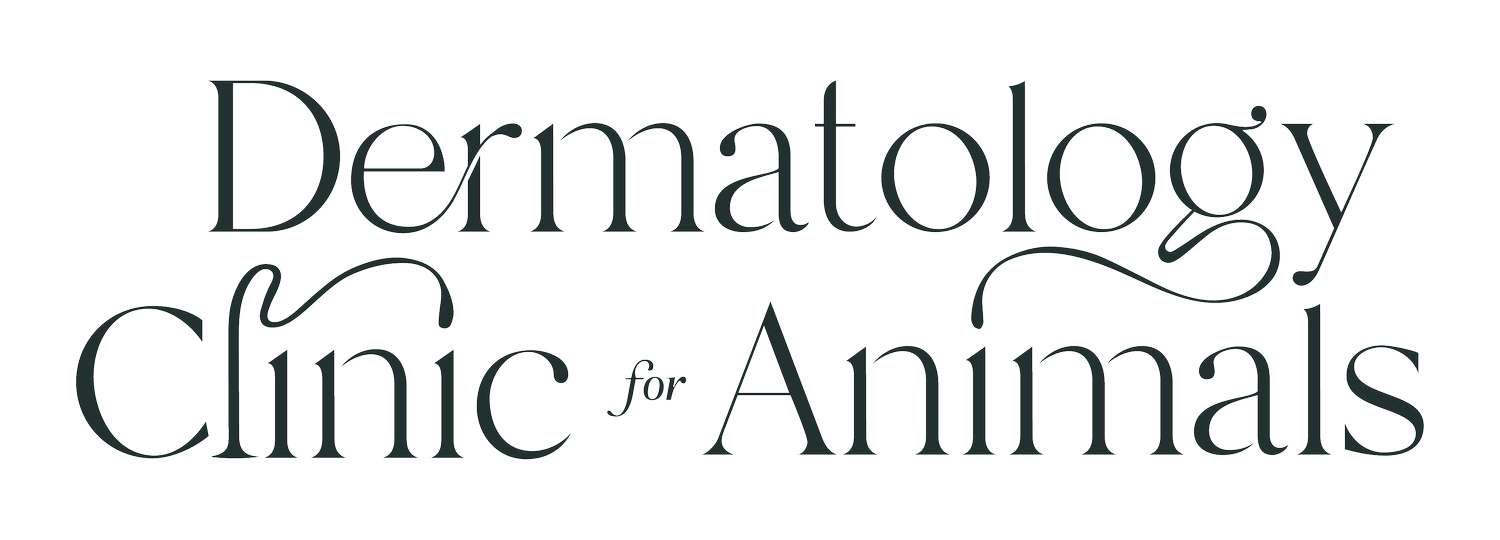Zinc-responsive Dermatosis
-
Zinc-responsive dermatosis is a keratinization disorder (abnormal skin production) due to zinc deficiency. Zinc-responsive dermatosis can occur as a breed-related disorder in Arctic breeds such as Huskies, Malamutes, and Samoyeds (Syndrome I, suspected to be an inherently decreased ability to absorb zinc from the intestinal tract), and in dogs (especially puppies) fed low-quality zinc deficient or high plant phytate diets (Syndrome II). Excessive calcium supplementation can also interfere with zinc absorption in the gastrointestinal tract.
-
This is an uncommon disease in dogs, with the highest incidence in young adult arctic breed dogs (Syndrome I), and in young, rapidly growing puppies of any breed (Syndrome II).
-
Lesions are reddened skin, followed by hair loss, crusting, and scaling around the mouth, chin, eyes, and ears. Pressure points, footpads, and scrotum may also be affected. Affected dogs may be itchy and secondary bacterial or yeast skin infections are common.
-
See Clinical Signs.
-
Diagnosis is made by consideration of clinical signs, and breed, and by using appropriate diagnostics to eliminate other possible causes of skin crusting such as bacterial, fungal, or demodex infections, as well as internal, nutritional, or autoimmune diseases. Definitive diagnosis is made by obtaining multiple biopsies of affected areas for pathology analysis, which reveals thickened, crusty skin (parakeratotic hyperkeratosis) with inflammation.
-
The prognosis is typically good for most dogs, although lifelong zinc supplementation may be needed in some cases, and lesions can wax and wane with season or stress.
-
Any secondary bacterial or yeast skin infections should be treated with appropriate antibiotics for 3-4 weeks. Symptomatic therapy for crusting lesions with antiseborrheic shampoos and hydrating creams or ointments, as well as essential fatty acid supplementation, may be helpful. In dogs with dietary-induced zinc deficiency, the dietary imbalance must be corrected by feeding a high-quality balanced AAFCO-approved dog food and discontinuing vitamin/mineral supplements. In these cases, skin lesions typically resolve within 2-6 weeks of the diet change. Oral zinc supplementation (zinc methionine, zinc sulfate) may be needed in some dogs, either initially for the first few weeks of the diet change, or lifelong if there is a diminished ability to absorb zinc.



